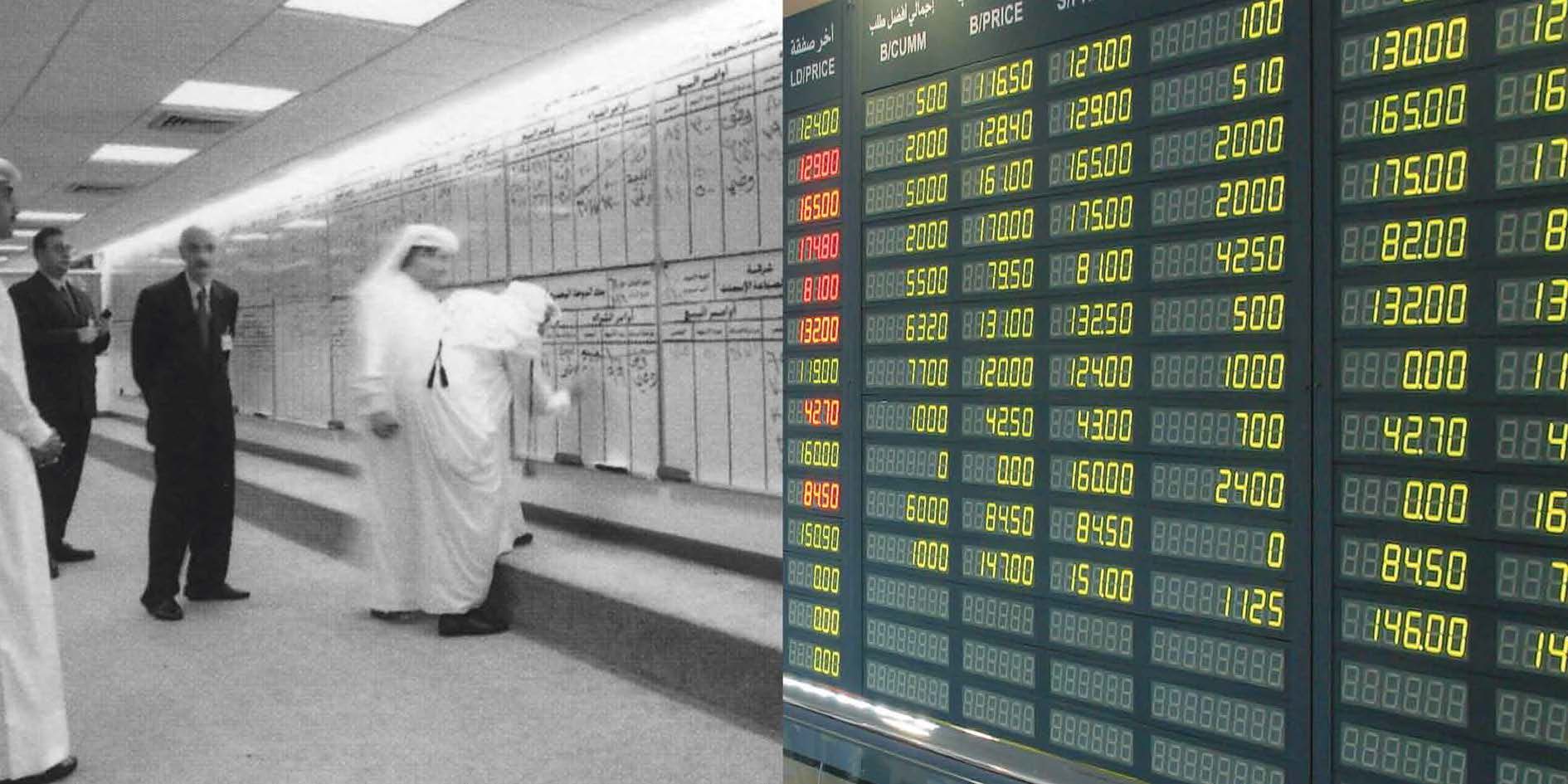
Following a harrowing week, many investors in the country are hoping that when the Qatar Stock Exchange opens tomorrow morning, the panic that prompted last week’s sell-off has passed.
Qatar’s benchmark index tumbled 7.4 percent last week, sinking to a 32-week low on Thursday. It was a similar story elsewhere in the GCC, including in Dubai where the emirate’s main index declined 13.8 percent over the course of the week.
The primary culprit was oil, the price of which dipped below $60 a barrel for the first time since July 2009 after OPEC released a forecast that predicted weaker demand for its members’ oil.

Qatar’s large financial reserves should help the government shoulder a period of low oil prices. However, authorities will be under pressure to cut costs – likely by delaying or canceling pricey construction projects.
This would have negative implications for infrastructure and property developers, as well as the financial firms that support them. Real estate firms were the hardest hit during Thursday’s stock market sell-off in Qatar, with the exchange’s index for the sector dropping 5.2 percent.
Cause for concern?
Analysts said last week’s stock market plunge was sparked by fear among individual investors who, figuring that lower oil prices would drag down share prices, rushed to cash out and book their profits.
“What we see is panic selling – people sell whatever they can irrespective of valuations,” Shakeel Sarwar, head of asset management at Securities & Investment Co. in Bahrain, told Reuters.

Qatar’s economy remains in solid shape, although the government will be reaping lower revenues from hydrocarbon sales. The includes the country’s bountiful supply of natural gas, the price of which is traditionally tied to oil.
There’s still a chance Qatar could turn a budget surplus. Estimates of the exact point at which Qatar would break even vary, ranging from US$59 a barrel to slightly more than $77 a barrel.
For its part, the government prepared its most recent budget with an assumed oil price of $65 a barrel. However, Qatar has overspent its budget by between 10 and 25 percent in recent years, according to Reuters, but high natural resource prices helped compensate for larger-than-planned expenditures.
And even if the country were to slip into a deficit, the government could tap Qatar’s large sovereign wealth fund to sustain the current levels of public spending.
Government costs could be curtailed by reducing subsidies for items such as petrol, electricity and water. However, ratings agency Moody’s recently said social welfare demands by residents make this scenario – as well as measures to increase revenues, such as news taxes – highly unlikely in the GCC.
Instead, Moody’s said governments in the Gulf would likely cut back on “non-strategic investment projects.” In Qatar, authorities already reportedly postponed or shelved altogether some 15 percent of development projects not related to the 2022 World Cup earlier this year.
Thoughts?







